Should we consider going tankless WH?
mdeleon
17 years ago
Related Stories

GREAT HOME PROJECTSHow to Switch to a Tankless Water Heater
New project for a new year: Swap your conventional heater for an energy-saving model — and don’t be fooled by misinformation
Full Story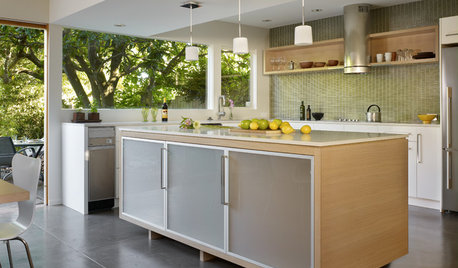
REMODELING GUIDESWhat to Consider Before Starting Construction
Reduce building hassles by learning how to vet general contractors and compare bids
Full Story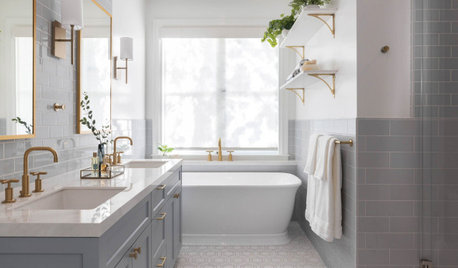
FLOORSWhat to Ask When Considering Heated Floors
These questions can help you decide if radiant floor heating is right for you — and what your options are
Full Story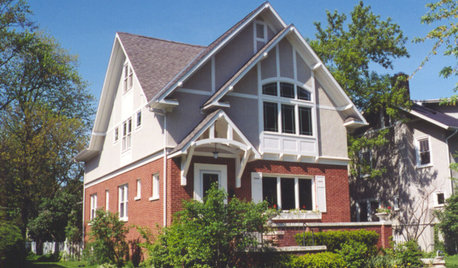
REMODELING GUIDESMovin’ On Up: What to Consider With a Second-Story Addition
Learn how an extra story will change your house and its systems to avoid headaches and extra costs down the road
Full Story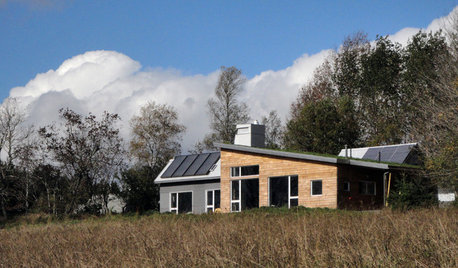
GREEN BUILDINGHouzz Tour: Going Completely Off the Grid in Nova Scotia
Powered by sunshine and built with salvaged materials, this Canadian home is an experiment for green building practices
Full Story
GREEN BUILDINGOff the Grid: Ready to Pull the Plug on City Power?
What to consider if you want to stop relying on public utilities — or just have a more energy-efficient home
Full Story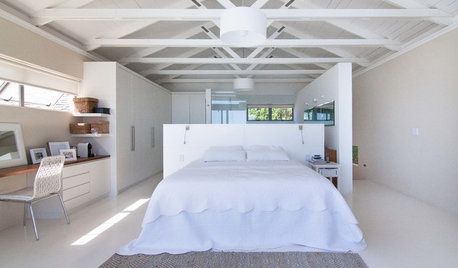
ARCHITECTUREDesign Workshop: The Open-Concept Bathroom
Consider these ideas for balancing privacy with openness in an en suite bathroom
Full Story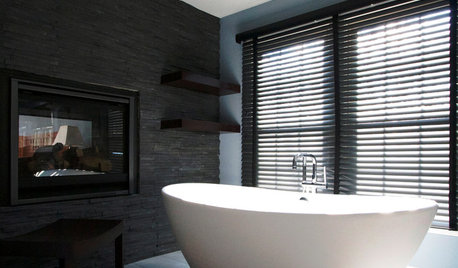
BATHROOM DESIGNDreaming of a Spa Tub at Home? Read This Pro Advice First
Before you float away on visions of jets and bubbles and the steamiest water around, consider these very real spa tub issues
Full Story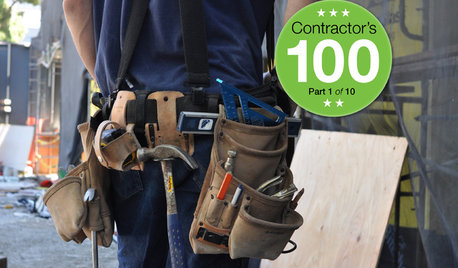
MOST POPULARContractor Tips: Top 10 Home Remodeling Don'ts
Help your home renovation go smoothly and stay on budget with this wise advice from a pro
Full Story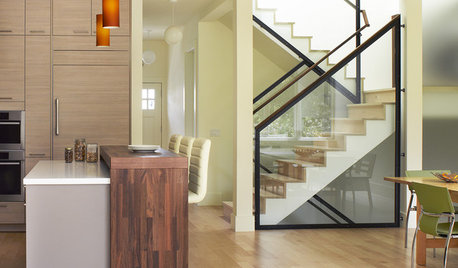
FLOORSIs Radiant Heating or Cooling Right for You?
Questions to ask before you go for one of these temperature systems in your floors or walls (yes, walls)
Full Story





solargary
mdeleonOriginal Author
Related Professionals
Chanhassen Solar Energy Systems · East Hanover Solar Energy Systems · Oak Grove Design-Build Firms · Pacific Grove Design-Build Firms · McKinney Home Builders · Knik-Fairview Home Builders · Apex Roofing & Gutters · Cincinnati Roofing & Gutters · Franklin Roofing & Gutters · Grand Rapids Roofing & Gutters · Red Bank Roofing & Gutters · Burlington Roofing & Gutters · East Hill-Meridian Roofing & Gutters · Hillcrest Heights Roofing & Gutters · Lake Forest Roofing & Gutterssolargary
solarjohn
RCMJr
solargary
mdeleonOriginal Author
bob_brown
solargary
RCMJr
solargary
RCMJr
fsq4cw
bushleague
bargainacious
bargainacious
jakethewonderdog
solargary